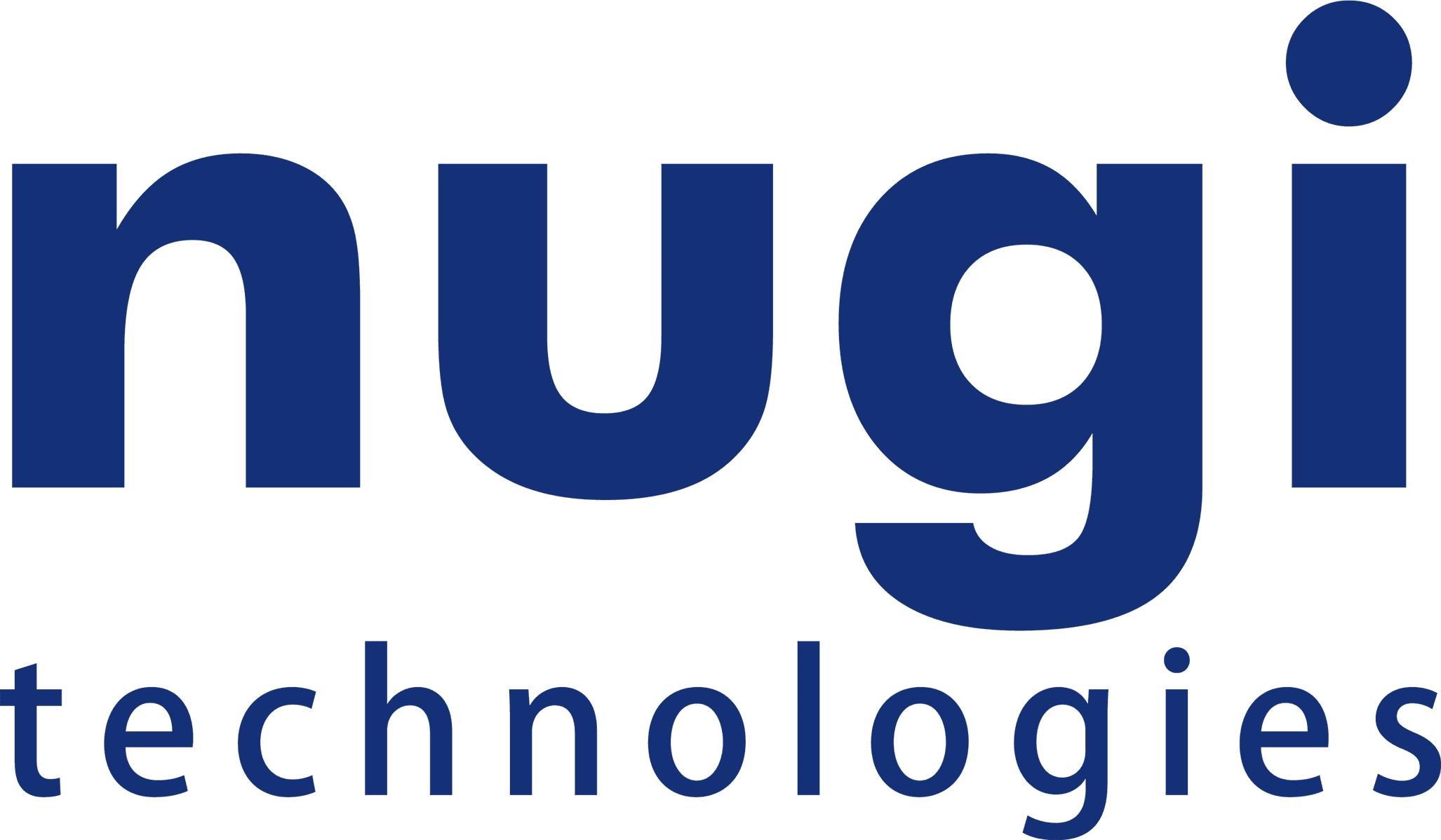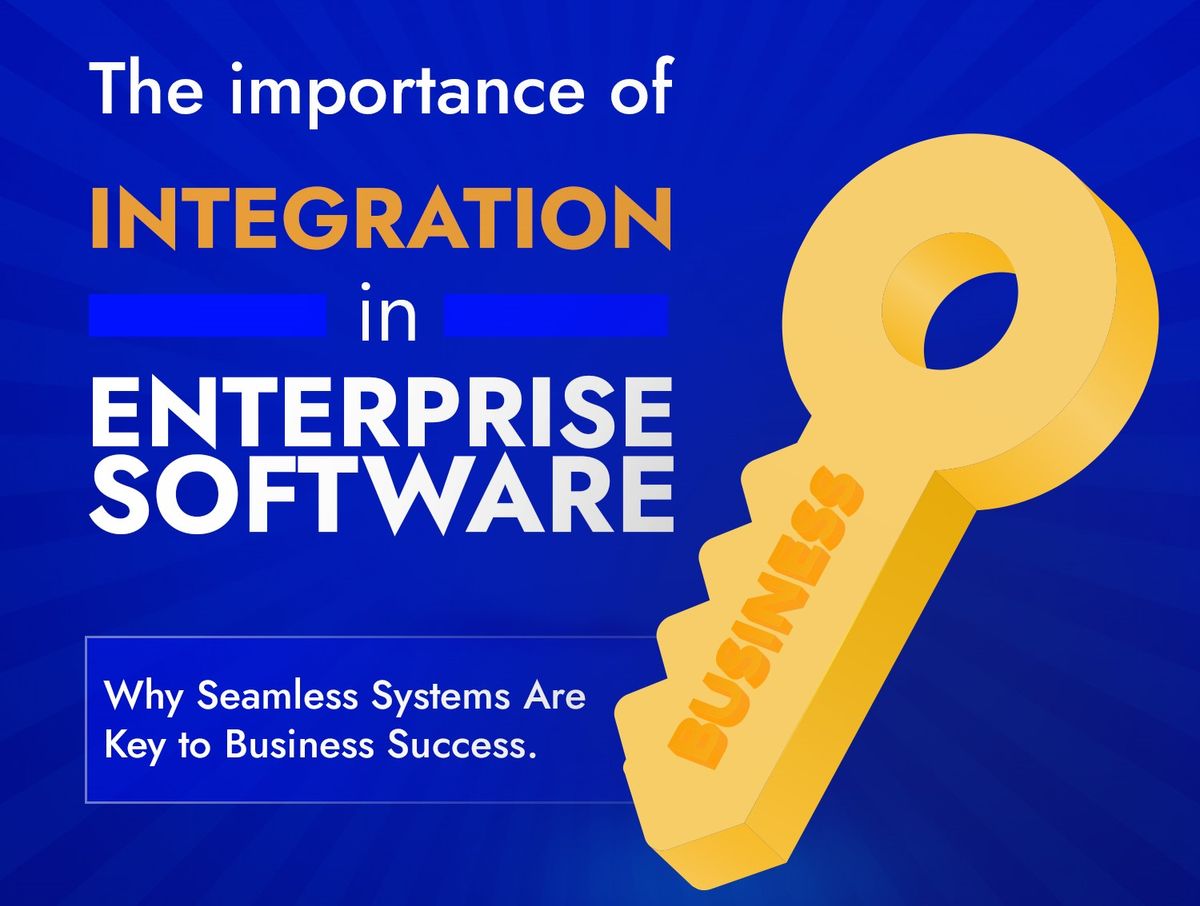As businesses evolve and expand, they often rely on multiple software systems to manage different aspects of their operations. From finance to customer relationship management, these systems are critical to day-to-day functions. However, when these platforms operate in isolation, inefficiencies, data silos, and communication breakdowns can occur. To avoid these pitfalls, enterprise software integration becomes essential, ensuring all systems work together harmoniously to support productivity, growth, and innovation.
Enterprise software integration is the process of ensuring that different software systems within an organisation communicate seamlessly with each other. Without this integration, businesses may struggle with data silos, inefficiencies, and errors, leading to a loss of productivity and missed opportunities.
In this blog post, we will explore why integration in enterprise software is crucial, the problems it solves, and how it drives business growth.
Eliminating Data Silos for Better Decision-Making
Data is the lifeblood of any modern business, but its true value can only be realised when it is accessible and shareable across all departments. When systems operate in isolation, they create data silos (isolated pockets of information) that are not easily accessible to other parts of the business.
For example, your sales team might use a CRM to manage customer data, while your marketing team uses a different tool for campaigns, and your finance team relies on a separate system for billing. Without integration, the data from these systems remain fragmented, making it difficult to get a comprehensive view of your business operations. This lack of visibility can lead to poor decision-making and missed opportunities.
Solution: By integrating enterprise software systems, businesses can centralise data from multiple departments, providing a single source of truth. This enables real-time access to critical data across the organisation, allowing for better-informed decisions and more accurate forecasts. In turn, this leads to improved efficiency and the ability to respond quickly to market changes.
Improving Operational Efficiency
Imagine the amount of time your team spends manually entering data into multiple systems, double-checking for errors, or transferring information between departments. These tasks not only waste time but also increase the likelihood of mistakes, especially when human input is involved.
Software integration eliminates these inefficiencies by enabling automated data transfer between systems. For example, when your sales team closes a deal, the data automatically updates the billing system for invoicing, while the customer’s information syncs with the support team’s software to manage future interactions.
Benefits of Software Integration on Efficiency
- Automation of routine tasks: Reduces manual effort, freeing up time for higher-value work.
- Error reduction: Minimises human error by ensuring consistent data flow between systems.
- Streamlined workflows: Allows teams to collaborate more effectively as all systems are aligned.
By streamlining operations, businesses can significantly boost productivity and focus on growth rather than administrative tasks.
Enhanced Customer Experience
Customer satisfaction is often determined by how smoothly a business interacts with its clients. However, when different departments use disconnected systems, it can lead to inconsistent communication and delays. For instance, a customer may have to repeatedly provide the same information because sales, customer service, and billing teams don’t share real-time updates.
When enterprise software systems are integrated, customer interactions across multiple touchpoints become more consistent and efficient. For example, if a customer calls your support team, they will have access to all relevant data; purchase history, previous interactions, and open support tickets without having to switch between platforms or request information from other departments.
How Integration Enhances Customer Experience
- Faster response times: Integrated systems allow support teams to quickly access the necessary information without delays.
- Personalised interactions: Data from various systems provides a holistic view of the customer, enabling more personalised service.
- Increased satisfaction: Consistent, seamless communication across departments builds trust and improves overall customer satisfaction.
Ultimately, a seamless customer experience leads to greater loyalty, repeat business, and a stronger brand reputation.
Scalability and Flexibility for Growth
As businesses grow, so do their operational needs. Scaling up without integrated systems can result in logistical nightmares as new software solutions are added without regard to how they fit into the existing infrastructure. This can lead to operational bottlenecks and additional costs as teams struggle to make disparate systems communicate with one another.
Integration provides businesses with the scalability they need to expand without disruption. Whether you are adding new tools or expanding operations into new regions, integrated systems allow you to easily add new components to your tech stack without having to redesign workflows from scratch.
Advantages of Integration for Growth
- Adaptability: As your business evolves, integrated systems provide the flexibility to incorporate new tools and processes.
- Seamless onboarding: New teams and departments can be added to the system without the hassle of syncing data across multiple platforms.
- Cost-effective expansion: With systems that are already integrated, businesses can avoid the high costs associated with overhauling or replacing outdated technologies.
By ensuring that systems grow alongside your business, integration helps support long-term growth strategies without unnecessary complexity.
Boosting Security and Compliance
Data security and regulatory compliance are top priorities for any business, especially in industries like healthcare, finance, and retail where sensitive customer information is handled. When systems aren’t integrated, they often have inconsistent security protocols, making it difficult to protect data across the organisation.
Integrated enterprise software allows businesses to enforce uniform security policies across all systems, ensuring that data is secure, no matter where it’s stored or accessed. Additionally, it simplifies compliance by centralising data, making it easier to track, audit, and report according to industry standards and regulations.
Key Security Benefits
- Consistent security protocols: Standardised measures across all systems reduce vulnerabilities.
- Simplified auditing: Integrated systems make it easier to comply with regulatory requirements by providing complete, real-time data visibility.
- Reduced risk of breaches: Centralised security features ensure that sensitive data is protected across the entire organisation.
By investing in software integration, businesses not only improve operational efficiency but also strengthen data security and ensure compliance with industry regulations.
Cost Efficiency and ROI
While the initial investment in enterprise software integration may seem significant, the long-term savings far outweigh the costs. Businesses can reduce the need for costly manual work, avoid duplicate licenses for multiple software solutions, and reduce the risk of human error, which can be expensive to fix.
Moreover, the improved efficiency and productivity that come with integration lead to higher return on investment (ROI). With integrated systems, businesses can maximise the value of their software tools, streamline processes, and increase overall profitability.
Cost-Saving Benefits of Integration
- Reduced operational costs: Automation eliminates manual tasks, leading to significant cost savings.
- Elimination of redundant tools: Integrated systems reduce the need for overlapping software solutions, saving on licensing fees.
- Faster ROI: The increased efficiency and productivity generated by integration translate to quicker returns on your investment.
Integration as a Competitive Advantage
In today’s competitive business landscape, staying ahead requires agility, efficiency, and the ability to make data-driven decisions. Enterprise software integration is a key enabler of these capabilities. By breaking down data silos, improving operational efficiency, enhancing customer experience, and supporting scalability, integration ensures that your business can respond quickly to changing market demands.
At Nugi Technologies, we specialise in developing custom enterprise software solutions that integrate seamlessly with your existing systems. Whether you're looking to improve efficiency, scale your operations, or secure your data, we’re here to help you every step of the way.
Take the Next Step: Ready to unlock the full potential of your business with enterprise software integration? Let’s discuss how we can design a solution tailored to your specific needs. Contact us today for a free consultation and discover how integrated systems can drive your success.







